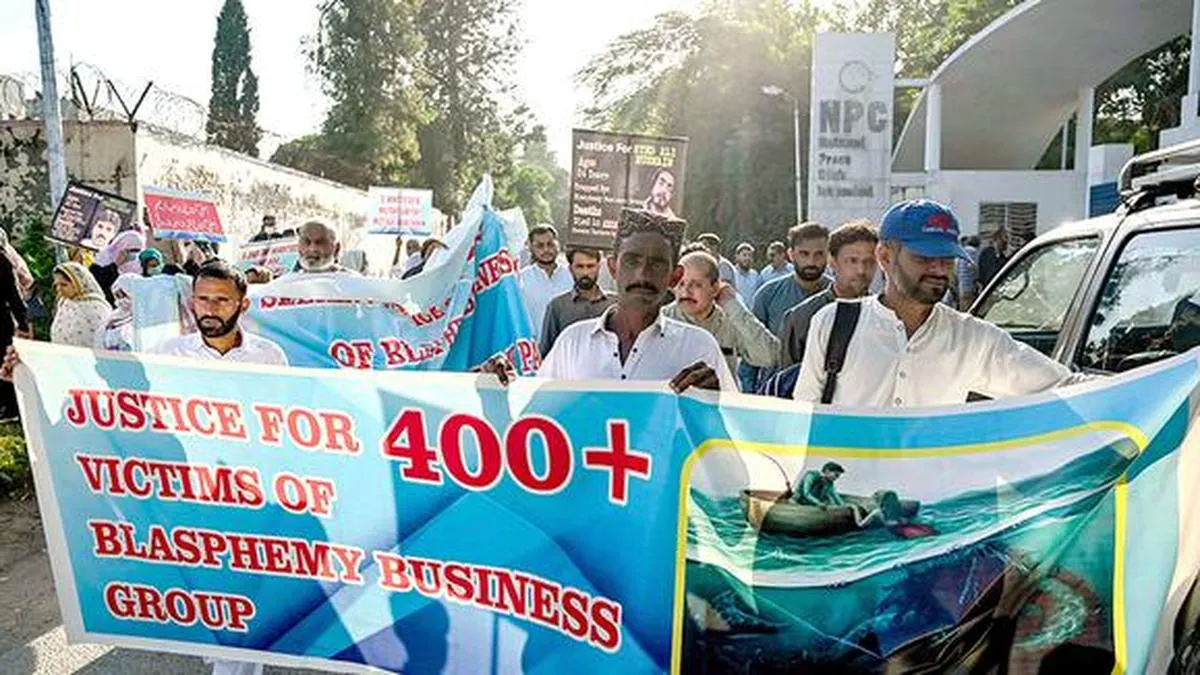Understanding Pakistan's Blasphemy Laws and Freedom of Speech

Introduction to Pakistan's Blasphemy Laws
Pakistan's blasphemy laws are often criticized for stifling freedom of speech among citizens. The controversial laws impose severe penalties, including the death penalty in Pakistan for those found guilty of blasphemy.
Impact of Online Accusations
In recent times, the proliferation of accusations made through online platforms has intensified the issue. Citizens accused of blasphemy face immense societal pressure, and vigilante actions have risen sharply.
Case Study: The Aroosa Khan Incident
- Aroosa Khan’s son was recently accused of blasphemy online.
- The incident ignited a fierce debate about freedom of speech and legal protections in Pakistan.
- Subsequent actions taken by internet vigilantes highlight a disturbing trend in cyber justice.
Consequences of Blasphemy Laws
- The imposition of death penalty for blasphemy in Pakistan creates a chilling effect among individuals.
- Many refrain from expressing opinions on sensitive topics to avoid accusations.
- This not only affects personal freedoms but also stifles overall societal progress.
Conclusion: The Fight for Freedom of Speech
As the death penalty in Pakistan looms over individuals accused of blasphemy, the struggle for freedom of speech has never been more critical. Society must confront the implications of these laws and advocate for a more just legal system.
This article was prepared using information from open sources in accordance with the principles of Ethical Policy. The editorial team is not responsible for absolute accuracy, as it relies on data from the sources referenced.